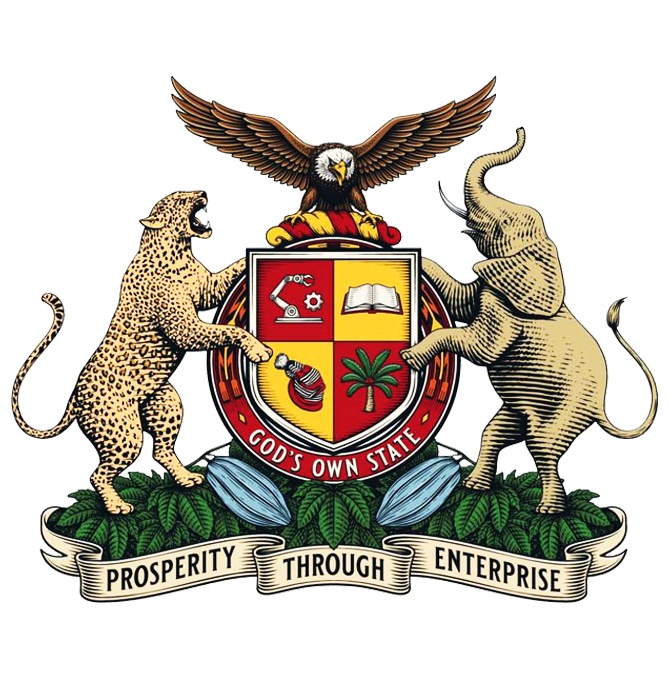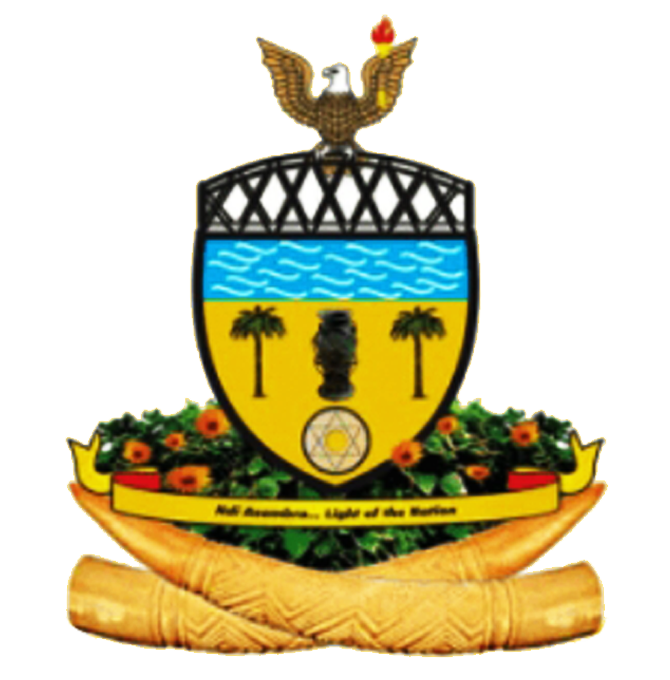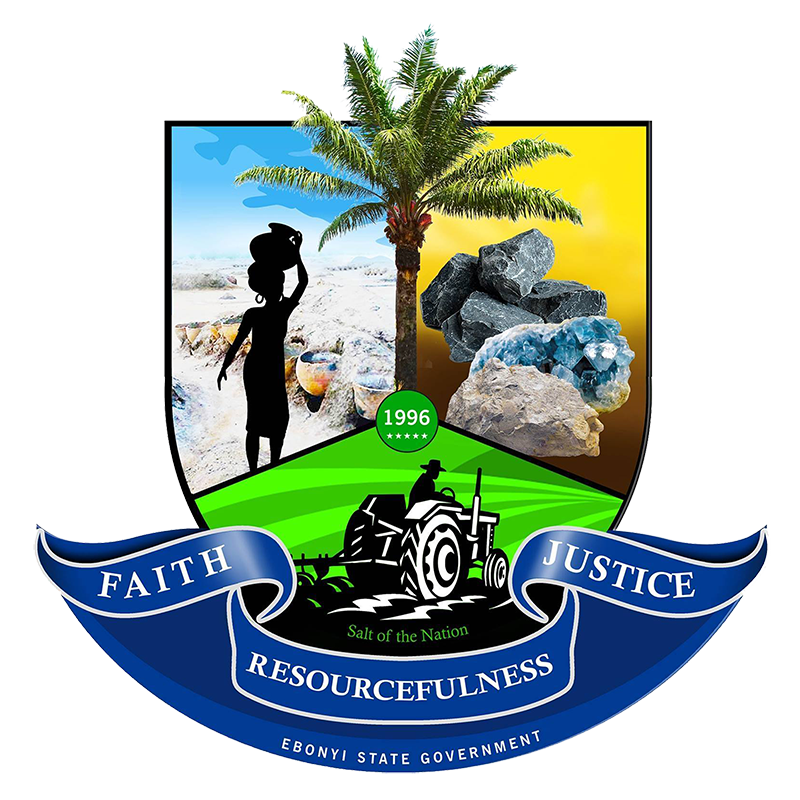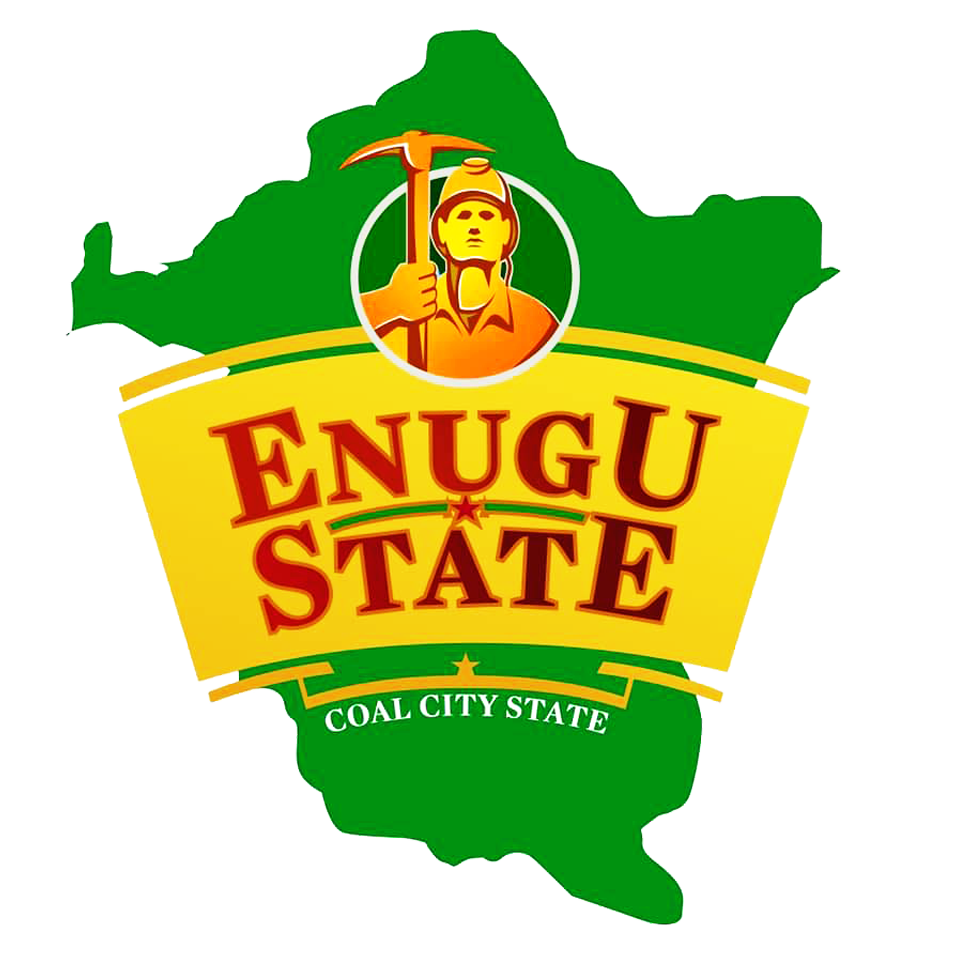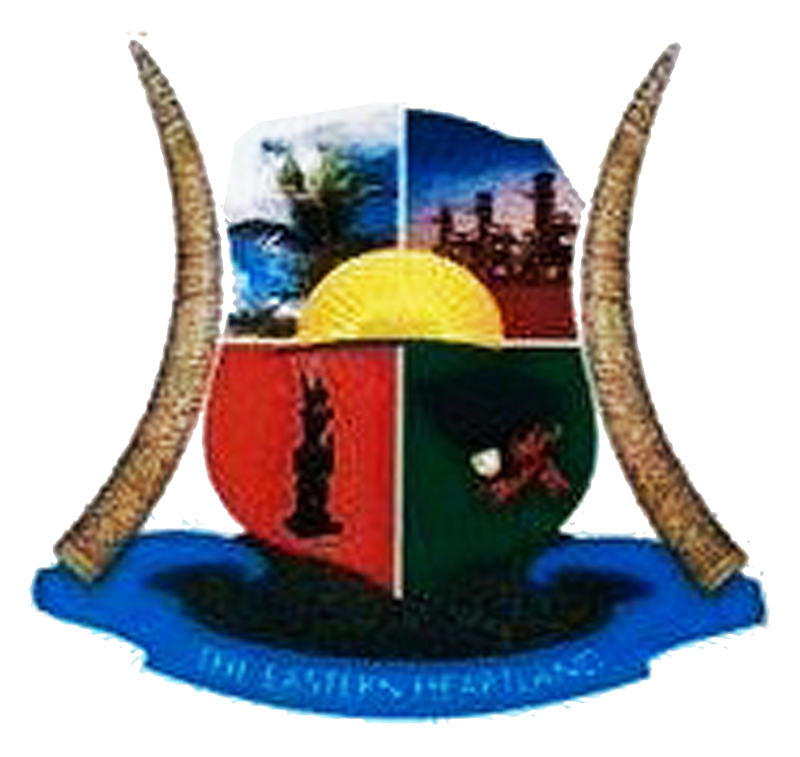The Southeastern State; We are the MerchantCreativeIndustrious Tribe of the Nation
The South East (often written as South-East) is one of the six geopolitical zones of Nigeria representing both a geographic and political region of the country’s inland southeast. It comprises five states – Abia, Anambra, Ebonyi, Enugu, and Imo.
The zone is bounded by the River Niger on the west, the riverine Niger Delta on the south, the flat North Central to the north, and the Cross River on the east.
The South East came about with Alex Ekwueme’s recommendations, although formerly known as Eastern Nigeria, or simply East, following the division of the country into three parts in the 1950s. In 1967, it was later split into three under the Gowon Administration (1967–1975). It was in 1976 that more states, including Imo and Anambra began to emerge
Although the South East is the smallest geopolitical zone, it contributes greatly to the Nigerian economy due to oil and natural gas reserves along with a growing industrialized economy. The region has a population of about 36 million people, around 18% of the total population of the country. Aba and Enugu are the most populous cities in the South East as well as the tenth and fourteenth most populous cities in Nigeria. Other large southeastern cities include (in order by population) Onitsha, Umuahia, Owerri, Nnewi, Awka, and Abakaliki.
The South East is predominantly Igbo ethnically and linguistically. Various Igbo subgroups and their dialects in South East are: Owerri people, Mbaise people, Nkanu people, Ngwa people, Omambala people, Nsukka people, Enuani people, Ezza people, Afikpo people, Arochukwu people, Oguta people, Aguata/Orumba, Okigwe people, Egbema people, Izzi people, Effium people, Idemili people, Agbaja people, Ikwo people, Ndoki people, Abriba people, Ohafia people Orlu people, Ohaji people,Ohaozara people, Anaedo people, and many others.
The Economy
The zone has 85 local government areas with a total population of over twenty million people. The zone has about ten large commercial cities.
Apart from agriculture which is the major economic activity, the zone is also known as for commercial and trading activities with small and medium indigenous industries that are manufacturing goods and services. The main agricultural products in the zone are yam, cassava, rice, and cocoyam. The zone has solid minerals and natural resources such as crude oil, natural gas, bauxite, iron ore, sandstone, lignite, clay, coal, tin, and columbite.



Our Goals
OUR MISSION
To harness the potential of young professionals and entrepreneurs from the southeastern states in fostering unity and development within the society. And to build the Igbo nation into a world tourism hub through the conscious revival and promotion of the rich cultural heritage of the Igbo people of South eastern Nigeria.
OUR VISION
To be a catalyst of development and economic prosperity across the southeastern states, to foster national unity while working as the most powerful platform for the socio-political emancipation and empowerment of Igbos anywhere in the World by building a powerful network of innovative Igbo professionals and entrepreneurs for the overall interest of the Igbo ethnic nation.
CORE VALUES
O. - Originality
R - Resourceful
I. - Integrity
E. - Excellence
N. - Networking
T. - Teamwork
Know About The Region
The Southeast Region Has a Rich History and Heritage.
Mentorship Program
Overview
Our mentorship initiative is primarily targeted at students within the southeastern state, with the overarching aim of empowering the next generation to forge resilient career paths and embody ethical values that will, in turn, contribute to the advancement of the southern states. This comprehensive process will persist until the desired outcomes are realized.
Social Engineering Project
By engaging students in academic and social pursuits such as debates, science and art competitions, focused seminars, talk shows, and specialized training, this project endeavors to inspire a commitment to moral values while upholding the rich cultural heritage of the Igbo land.
- LOCATION: SOUTH EAST
Mentorship
Selected students from each phase will be paired with accomplished individuals in their respective career domains to receive guidance and firsthand experiential learning. Once mentors are available, students will be digitally connected to them for ongoing support
- LOCATION: SOUTH EAST
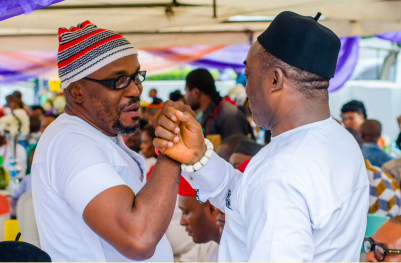
O-Originality
R -Resourceful
I -integrity
E-Excellence
N-Networking
T- Team Work
Orient serves as a safeguard for our cultural heritage, providing a space for ambitious and entrepreneurial Igbos to utilize its investment resources and political connections to pursue their life goals, expand their businesses, and advance their professional careers. With the risk of their rich cultural heritage fading away, a unified and formidable front is essential for effective participation in national politics and economic influence.

